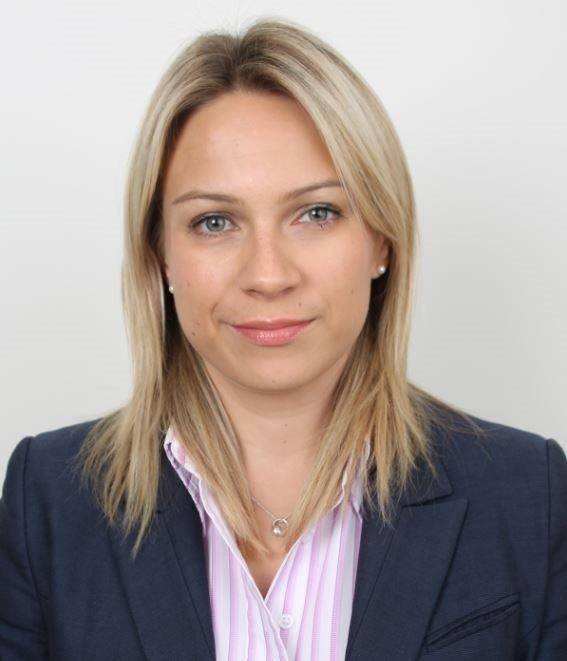
My Advice to Anyone Starting Their IVF Journey
Interviews
By Natasha Wallis, Director in the Global Markets division of Bank of America
Hello there! My name is Natasha, and I work in the Global Markets division of Bank of America, with over 15 years of experience in sales. I joined BofA in the middle of the pandemic in Aug 2020 and have been incredibly impressed with how wonderful and supportive the work environment is here.
I am an openly gay female Director at the bank and mother of two young girls, aged 6 and aged 4. My wife of 10 years and I have recently separated but continue to be co-parents to our beautiful girls, sharing the family home in a nesting arrangement.

When
we first talked about having children early on in our relationship, we
discussed a number of options and took a trip to one of the fertility clinics
in London, where we came across the idea of “egg sharing” via IVF. I’d never
heard of this before and was instantly fascinated. It involves one female
partner donating their eggs to the other, so one parent is the genetic mother,
and the other the biological parent. Whilst one person contributes the DNA, the
other carries the child and gives birth allowing both female parents to play a
part in the child’s conception. We chose to reciprocate this agreement, so both of us donated an egg to the other, and both of us carried
a child. In addition, we decided we wanted to use the same sperm donor for each, so the children are genetic half-siblings. They are very close with one another
despite the two and half year age gap and are incredibly sweet to watch play
together.
My
wife gave birth to our first daughter in May 2016, and I was lucky enough to be
one of the first parents where I worked at the time to take “shared parental
leave” and had the first 3 months off at home to spend time with my newborn
daughter and help my wife following her c-section. Those months were magical
and easily some of the best of my life. Nothing prepares you for the love that
you feel in caring for a tiny baby, nor for the sleep deprivation and insanity
that typically accompanies it! Our eldest daughter is genetically mine, but as
my wife carried her, she is biologically hers; she knows that she has two
“Mummies” and rather than a Daddy, has a kind man “donor”. She calls me Mama and
my wife Mummy.
Our
second daughter was born in September 2018, and this time I was the birth
mother carrying my wife's egg, and was lucky enough to take 10 months off work, having donated the
other months to my wife, who also took “shared parental leave”. I ended up
having an emergency c-section and breastfed my daughter until I returned to
work as she neared her first birthday.
Neither
of our children are fully aware yet of quite how they came into this world, but
they do know they have a kind man “donor” who gave Mummy and Mama his seed.
There are plenty of LGBTQ+ books available which have helped us talk about all
kinds of family setups, and we have read the girls these from a very early age
as it was important for us that they see and feel that their family set-up is
represented, and we tried to ingrain this from a young age.
Now
that my eldest daughter is at school, there have been occasions where she has
had to fend off questions from other children about why she has two mummies or
why she has no daddy. In hindsight, and therefore the advice I would give to
any first-time LGBTQ+ parents would be to have conversations with their children
as early as possible and arm them with a tool kit of responses for when these
sorts of questions arise. Children are incredibly curious, and questions will
inevitably arise, but I didn’t realise quite how early (aged 4/5) these
differences would be noticed, and now I wish I had been more actively engaged in
these types of conversations with my daughter earlier on to give her more
confidence and pride in providing answers.
Once
your child is school age, I would recommend having a conversation with the
teachers upfront about the language you use at home, for donors, surrogates,
foster parents etc., and also what you want them to do with your child on mother’s/father’s day.
My
other piece of advice would be: take as much time off to spend with them as you
can after birth and during holidays, and make every effort to go to their
sports days, music recitals, plays etc. They grow up so fast, and in a blink of
an eye, they’re at school; suddenly, they don’t need you as much as they start to
become more independent. The day when your child stops running to greet you,
you know they are busy paving their own path, and the one regret you don’t want
is to wish you had spent more time with them when they were little.

